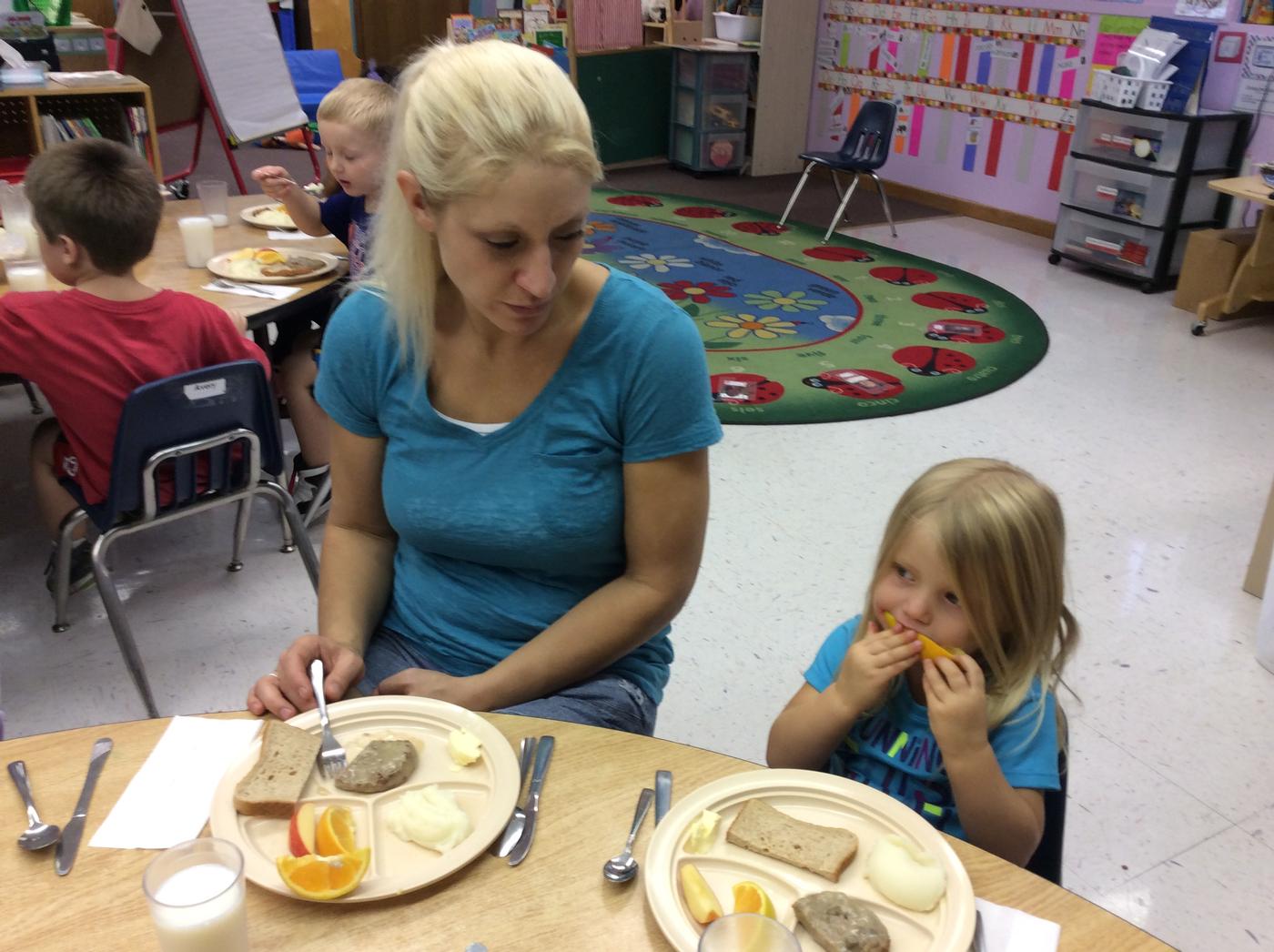Head Start, Early Head Start, and other early childhood programs are committed to ensuring that children are healthy and ready for school. Programs recognize that strong families are at the heart of children’s success.
Parents and families are their children’s most important educators, with many opportunities to build the foundation for a lifetime of learning. Families educate their children every day – both in formal and informal ways. Through positive interactions with their children, parents promote healthy development and prepare them for school, successful relationships, rewarding work, and better health. The skills and attitudes parents encourage will teach their children to care for themselves and for others, so they will grow into adults who can do the same. Through learning activities with their parents, children help develop social competence, motivation, persistence, and an overall love of learning.
The family is the primary force in preparing children for school and life, and children benefit when all of the adults who care for them work together (Bronfenbrenner, 2004). When program staff and families are engaged as partners, they commit to working together on children’s behalf. When family members take the lead and make decisions about their children’s learning, they are truly engaged. Positive goal-directed relationships between families and program staff are key to engagement and children’s school readiness (HHS/ACF/OHS/NCPFCE, 2011
Families are always learning. Parents or adult caregivers learn about their child, their role as parents, and ways to keep their families safe and healthy. They also learn to manage the important relationships in their lives. As learners, they are always teaching. When they share their experiences and knowledge within their families and communities, they help others gain new understanding.
Positive parent-child relationships provide the foundation for children’s learning. With parents’ sensitive, responsive, and predictable care, young children develop the skills they need to succeed in life. Early parent-child relationships have powerful effects on children’s emotional well-being (Dawson & Ashman, 2000), their basic coping and problem-solving abilities, and future capacity for relationships (Lerner & Castellino, 2002). Through these interactions, children learn skills they need to engage with others and to succeed in different environments (Rogoff, 2003). They learn how to manage their emotions and behaviors and establish healthy relationships with adults and peers. They also learn how to adjust to new situations and to resolve conflicts. When parents have warm, trusting, and reliable relationships with peers, family, community members, and service providers, they are more likely to have positive relationships with their children.
Resources
National Center on Parent, Family and Community Engagement
Professional Development Guides for Implementing Parent, Family, and Community Engagement


